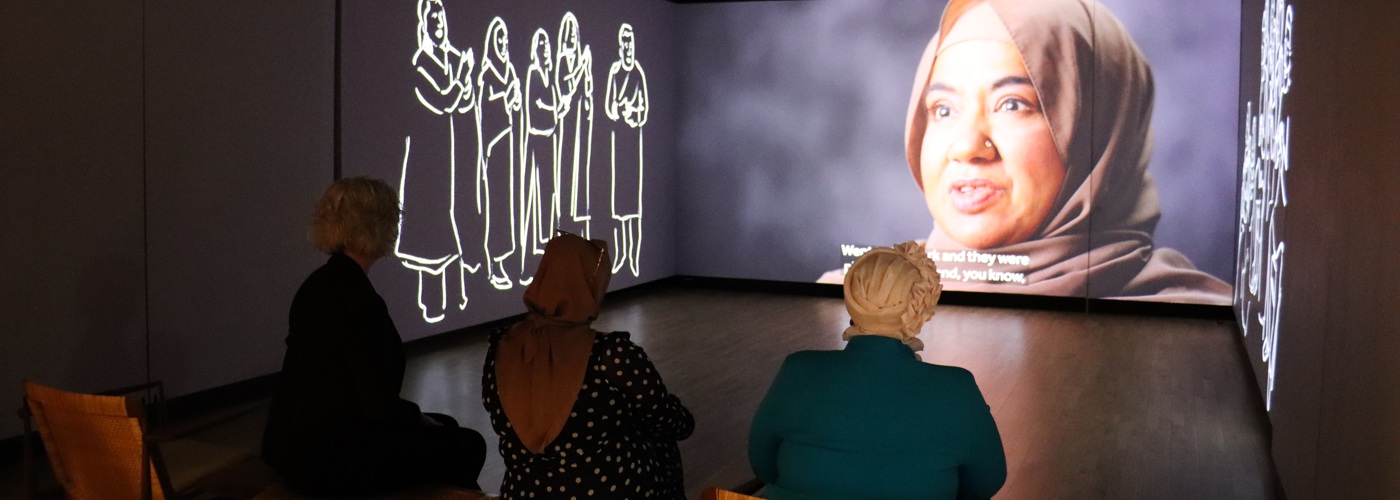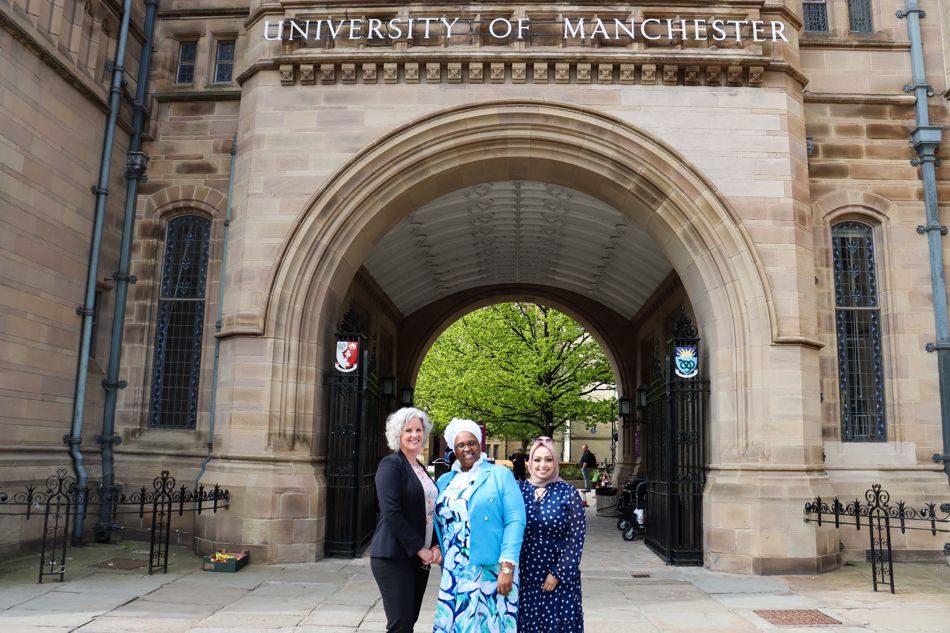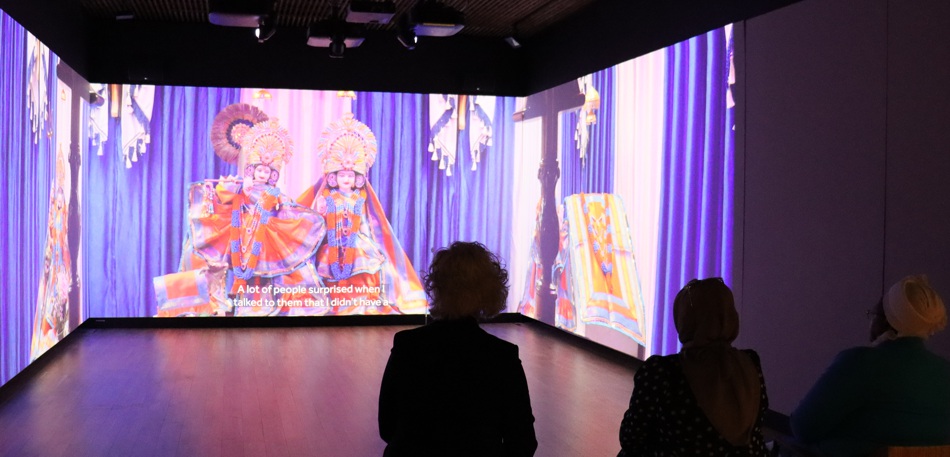Transforming conversations around cancer through creative storytelling
Despite longstanding health campaigns, breast cancer screening uptake remains disproportionately low among women of south Asian heritage in the UK. Recognising that cultural, social and emotional barriers often go unaddressed in clinical outreach, researchers at The University of Manchester have turned to a different tool for engagement - one rooted in empathy, identity and co-creation.

Introducing the Tree of Life in a new context
In a UK first, the Tree of Life methodology, typically used in narrative therapy settings, has been adapted as a public engagement model for health research.
Originally developed to support communities dealing with trauma and displacement, Tree of Life workshops guide participants through storytelling exercises centred on personal history, community ties and future aspirations.
For the first time, this approach has been applied to breast cancer research. In collaboration with the Fatima Women’s Association and funded by Greater Manchester Cancer, the University’s team worked with women of Pakistani, Bangladeshi and Indian heritage in Oldham to explore attitudes toward breast health.
Creative storytelling meets public health
Through carefully facilitated arts-based workshops, participants shared stories of their roots, challenges and resilience in a safe, culturally sensitive space.
Instead of treating women as research subjects, the sessions fostered trust, mutual understanding and co-creation -enabling participants to shape both the narrative and the future direction of cancer research and outreach.
These stories informed a powerful video installation that was exhibited at Manchester Museum’s South Asia Gallery. The impact of the project continues, informing how researchers at Manchester are developing new, inclusive approaches to public engagement and community-based health research.
The installation was visited by Ncazelo Ncube, a Zimbabwean psychologist and founder of the innovative Tree of Life methodology.
Reflecting on the project, she says: “I just loved listening to the women’s experiences and how this work uplifted them. That has been so fantastic to witness, because not that many research projects make this possible for participants.”
A new model for inclusive health engagement
“Building relationships and trust are the essential starting points for any participatory research project,” says Dr Suzanne Johnson, Social Responsibility Lead for the School of Medical Sciences at Manchester.

Suzanne Johnson, Ncazelo Ncube and Binish Khatoon.
“By using a creative arts approach, we created a platform where women could express themselves freely and safely. What emerged were incredibly moving stories that are now shaping the future of our research.”
This initiative is not only reshaping the conversation around breast cancer, but it’s also offering a replicable model for how creative, participatory approaches can bridge gaps in health equity.
Dr Binish Khatoon, who led the community engagement work, added: “This project is a celebration of the women who took part. Their stories have guided us toward deeper understanding and new ways of working with communities.”

Setting a new precedent
By blending narrative therapy, creative practice and public engagement, the Tree of Life project is redefining how health research can reach, resonate with and be co-created by communities. It stands as a bold example of how innovation in engagement can unlock more meaningful participation and contribute to better health outcomes.
As researchers continue to explore new ways of working with diverse communities, this project offers a powerful template - one that centres lived experience, encourages dialogue and puts people, not just data, at the heart of research.
Visit the Faculty of Biology, Medicine and Health Social Responsibility blog to read more about our work on inclusive research and meet the Tree of Life team.

